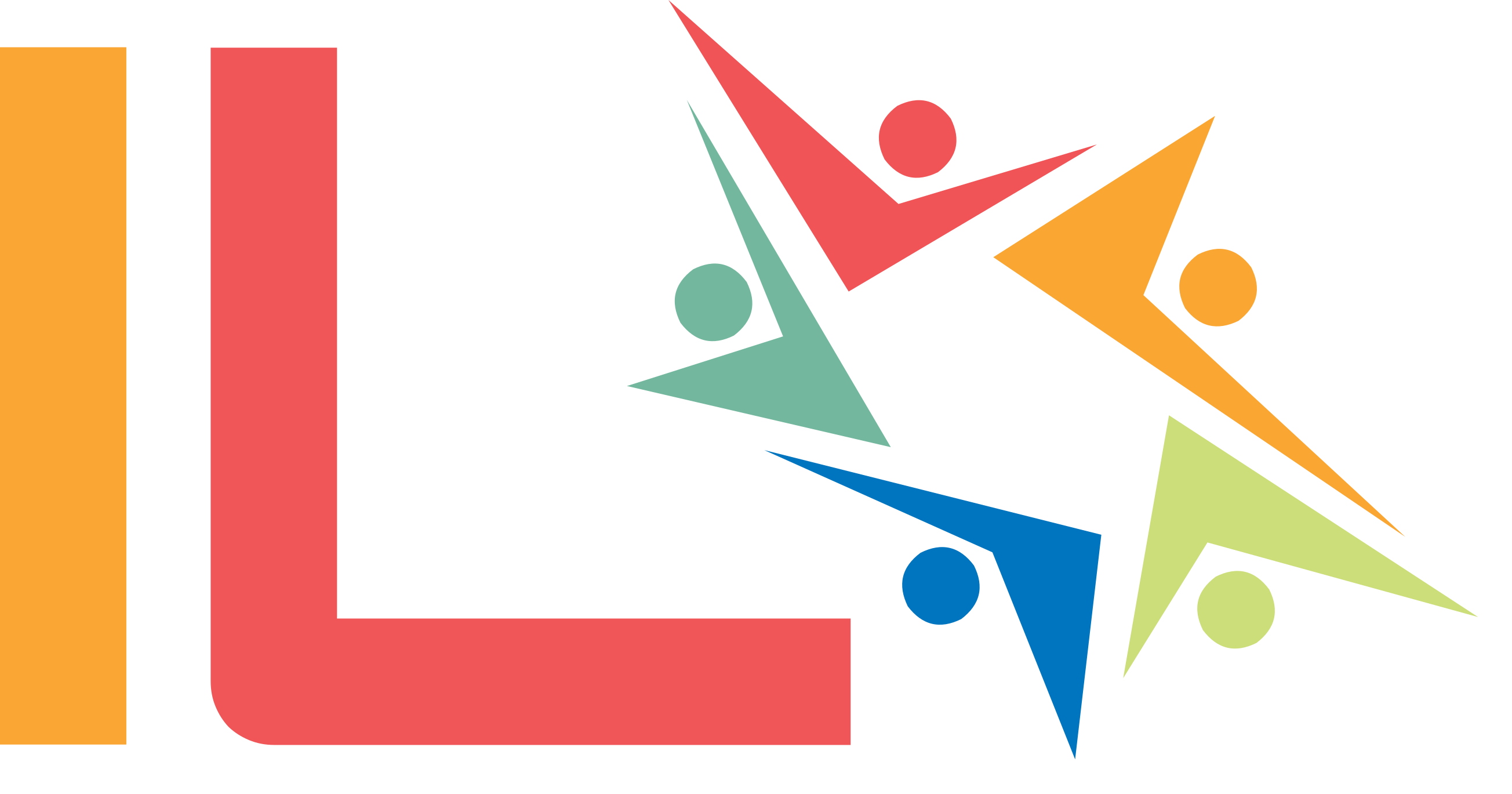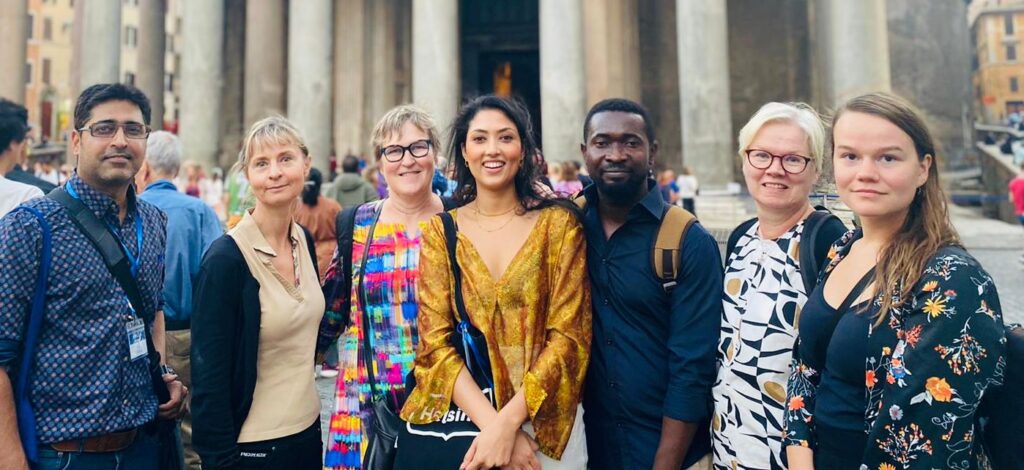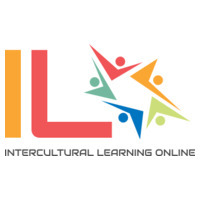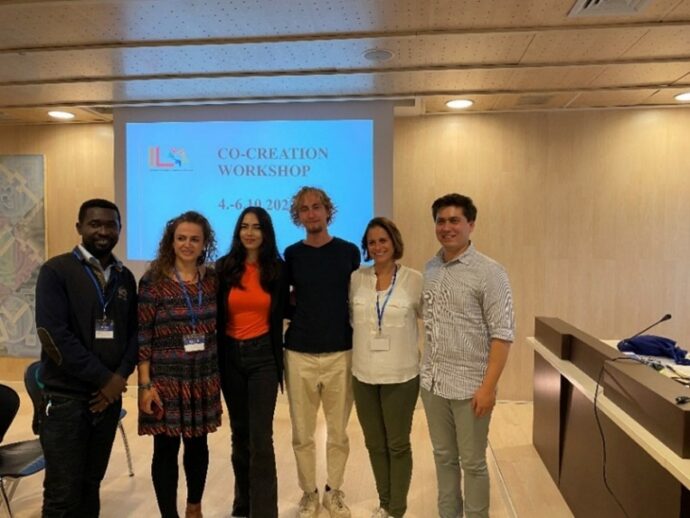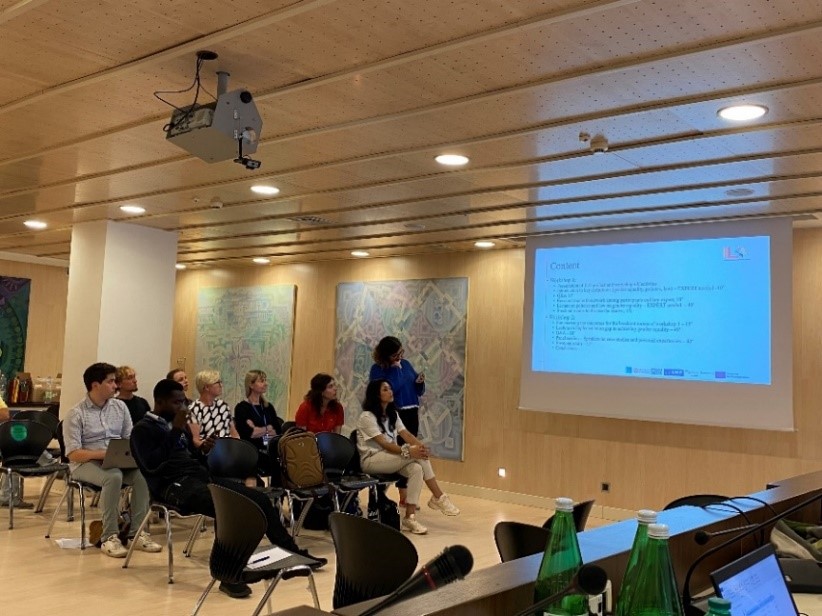Multiple Discrimination, Racism, and the Imperative for Inclusive Policies by Ilaria Boiano
To understand multiple discrimination, visualize the overlapping sections of a Venn diagram. Each circle represents a form of discrimination – be it based on race, gender, age, disability, or sexual orientation. Where two circles overlap, an individual faces discrimination on both counts; and where three circles intersect, they face discrimination on three fronts.
But this isn’t merely an academic exercise. For countless individuals, these overlapping sections of discrimination are a daily reality. In a world increasingly driven by discussions about equality and equity, understanding multiple discrimination and addressing it through inclusive policies is not just timely, but essential.
Multiple Discrimination: More Than The Sum of Its Parts
Multiple discrimination is not merely an additive process, where one form of discrimination piles upon another. It’s multiplicative. This means that the lived experiences of, say, a disabled Black woman cannot be fully understood by simply summing the experiences of Black individuals and those of disabled individuals. The intersection of her race and disability creates a unique form of discrimination that is distinct and more layered.
Racism, a dominant form of discrimination, often exacerbates these challenges. For example, a Black gay man might face homophobia within his community and racism within LGBTQ+ spaces. His struggle isn’t just a simple combination of being Black and gay; it’s a distinct experience shaped by the intersection of race and sexuality.
Why Addressing Racism Is Crucial
Racism has deep roots in many societies and operates both overtly, through blatant acts of prejudice, and covertly, through systemic biases. This systemic nature of racism, often woven into the fabric of societal institutions, creates barriers for racialized individuals at every turn – from education to employment to justice. These barriers become even more pronounced when combined with other forms of discrimination.
Inclusive policies, thus, need to first address the systemic nature of racism and then factor in the intersections with other forms of discrimination.
Inclusion Policies: Moving Beyond Tokenism
Inclusion isn’t about tokenism or merely ticking boxes. It’s about understanding the complex, multi-layered experiences of individuals and ensuring that policies are designed to support and uplift everyone, especially those at the intersections of multiple discriminations.
Here are a few considerations for genuine inclusion policies:
Holistic Understanding: Recognize that individuals can face multiple, overlapping forms of discrimination. Policies should address this complexity, not simplify or erase it.
Consultation: Engage with communities and individuals who experience multiple discriminations. Their lived experiences provide invaluable insights.
Accessibility: Whether it’s physical spaces, digital platforms, or communication methods, accessibility should be at the forefront.
Regular Reviews: Inclusion policies shouldn’t be static. Regularly reviewing and revising them ensures they remain effective and relevant.
Education and Awareness: Many biases are deep-seated and unconscious. Continuous training and awareness campaigns can help break down these biases.
Concluding Thoughts
Multiple discrimination is an intricate web that intertwines various forms of bias, with racism often acting as a magnifying lens. By recognizing these intersections and proactively working to create inclusive policies, societies can begin to unravel this web. Such efforts do more than just aid those facing discrimination. They create more just, understanding, and cohesive societies for everyone.
Course Outline
Lecture, March 20th
Ejaz Ahmed – Journalist and Cultural Mediator
Introduction to the Seminars and an Introductory Lesson on MULTIPLE DISCRIMINATION, RACISM, and the PROMOTION OF EQUALITY PRACTICES.
Lecture, April 3rd
Davide Valeri
G2 Network – Second Generations
Lecture, April 17th
Kwanza Musi Dos Santos – QuestaèRoma
Lecture, May 8th
Josef Tewelde – Black Lives Matter
Lecture, May 22nd
Bridget Uche – Journalist and Afro-feminist Activist
Lecture, May 29th
Mahboba Islami – Surgeon and Feminist Activist
The students were involved in writing a short article for the project blog about the topics of the lectures. You can access the collection of students articles below:
